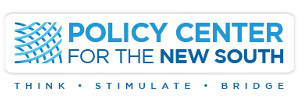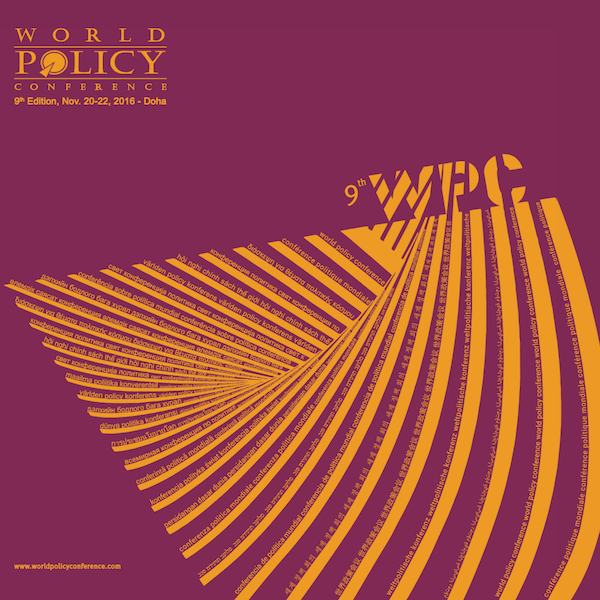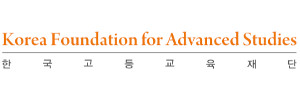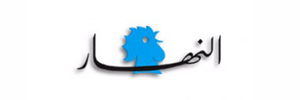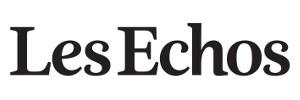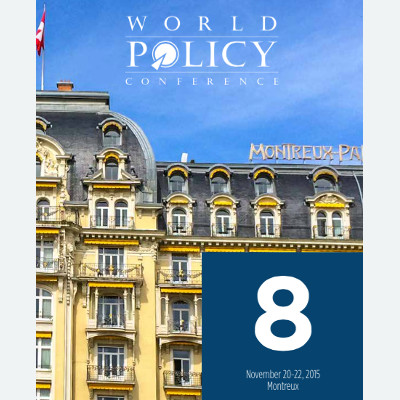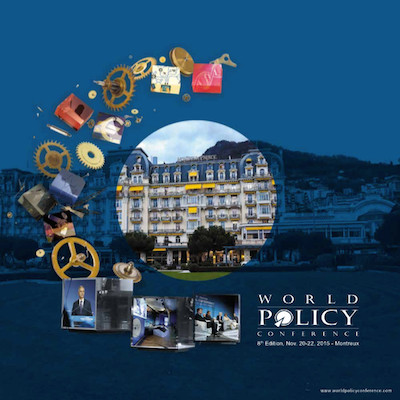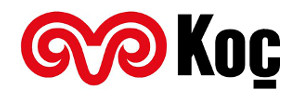Session 1: Global economic order at the Crossroads
The revolution in information technologies and the geographical redistribution of economic power, in particular the emergence of China and weakening of the European Union, have led to a correction in the economic order resulting from the Second World War. Examples of this change are the rise of the G20 following the 2007-2008 crisis, and the weakening of trade multilateralism in favour of bilateral or plurilateral agreements.
Many observers are placing increasing importance on “geoeconomics”, understood as the intersection of international economics and geopolitics.
For example, the Chinese initiative to create the AIIB (Asian Infrastructure Investment Bank) should be analysed from this perspective. Growing interest in “geoeconomics” is also based on the increased importance of sanctions as a means of action in international relations. More thoroughly, one could argue that, despite appearances, certain aspects of globalisation might be in peril. Without ignoring the cyclical aspects of the global economy, the primary purpose of this session is to shed light on this fundamental question.
Session 2: The future of central banking
Since the crisis occurred, Central banks of large advanced economies have embarked on very accommodating conventional and unconventional monetary policy. What is the meaning of this persistent situation, more than eight years after the start of the subprime crisis and more than seven years after Lehman Brothers bankruptcy? In particular:
- – What are the unintended financial and real economy consequences of such a long standing high level of monetary accommodation in the advanced economies?
- – What is the likely impact, in particular on volatility of global financial markets, on the global economy and on emerging economies, of the progressive withdrawal of monetary stimulus that is presently proceeding in the United States?
- – Are we experiencing a kind of “new normal” monetary policy required by persistent adverse new economic and financial structural features of the advanced economies?
- – Are there key “fundamentals” of Central Banking that should be kept in mind in all circumstances (like central bank independence, medium and long term price stability goal, financial stability etc.)?
Session 3: Trade Agreements from the Viewpoint of Middle Powers
The objective of this session is to conduct a closer analysis of trade issues resulting from the structural transformations examined in session 1, through the experience of two “middle powers”: Korea and Canada.
Session 4: Do Firms have a Nationality?
In the enthusiastic early days of globalisation, it was fashionable to speak of “global corporations” as entities independent from national political ties, as if for example AT&T, Google or Amazon, Toyota, Samsung, Volkswagen or Michelin, were operating in a world where borders had been irreversibly removed. The aim of this session is to examine to what extent the ideology of globalisation should be revised in this regard.
Session 5: The future of the Middle East
The fall of the Soviet Union, and with it the Russian Empire, reopened the situation in the Middle East – in its wider sense, including, for example, Libya. Accumulated strategic errors have led to chaos and the growth of terrorism, the primary victims of which are regional populations but which also directly and strongly impact the interests of traditionally involved external powers, such as the Europeans and Russia. Among the most surprising and in many respects anachronistic recent developments is the meteoric rise of the so-called “Islamic State”. However, the nuclear deal with Iran opens the prospect of the country returning to the “Concert of Nations”, even if, in this instance, the established powers are still demonstrating many more signs of opposition than possible convergence. During this session, attended by some of the principal protagonists, attempts will be made to answer the following question: are we moving towards a trend of less or more chaos in the Middle East?
Session 6: Security in Asia in a Historical Perspective
The rise of China is without doubt the main geopolitical phenomenon in Asia, and historical experience, of which there is an abundance in this regard, shows that this type of situation often leads to war. In the current context, Asia is suffering from an institutional deficit in terms of regional security, made all the more regrettable by territorial disputes being coupled with formidable psychological confrontations, particularly between Japan and its Chinese and Korean neighbours. During this session, which will include the participation of eminent representatives from the region, we will attempt to take a step back and examine the chances of a reduction in tensions so as to limit the risk of accidental conflicts with a potentially devastating global impact.
Session 7: Peaceful coexistence of religions?
The political importance of religions is derived from their decisive role in structuring the identity and culture of peoples. Contemporary history shows that, when manipulated by fanatical leaders, they can still serve the cause of the most barbaric wars. Multiethnic or multireligious countries which manage to maintain a balance thanks to a climate of respect and tolerance are worthy of the attention of those concerned about the scourges of the modern world. Among these, Benin in Africa is a remarkable example.
Session 8: Food and water security
Food and access to drinking water are the primary conditions for health and development. Malnutrition and the unavailability of water of sufficient quality and quantity are at the root of lethal conflicts and uncontrollable migration. The solution to these problems is the province of political geography, but also of economic organisation and technology. This panel discussion will examine all aspects of the issue, with particular attention paid to Africa from a geographical point of view.
Session 9: Israeli-Palestinian dialogue
Close to seven decades since the creation of the Hebrew State, the Israeli-Palestinian conflict looks like a perpetual war. Is there any chance for a settlement in the foreseeable future?
Session 10: The global challenges of the digital technologies
Far from slowing down, the revolution in information technologies continues at a frenetic pace. The Internet of Things, increasingly sophisticated robotisation, drones and 3D printing make the concept of the border a little more blurred with each passing day and open entirely new perspectives – positive but also negative – on globalisation, and the implications for global governance, in particular legal and ethical issues, merit exploration without delay.
Session 11: Health and global governance
During this session, which complements session 8 but also session 10, we will examine the positive prospects for health opened by the technological revolution and globalisation, but also any associated risks and ways of countering them.
Session 12: Climate and environment
This session will examine the issue of climate with the immediate prospect of COP21, and will explore three fundamental, long-term questions. Firstly, the role of enterprises. Secondly, the ethical dimension is of primary importance, since the stakes are nothing less than how the action of humans will affect the future of the Earth. Thirdly, negotiations on climate are undoubtedly only a first example of situations which are likely to multiply, where diplomacy will be immediately required to tackle problems that are increasingly truly planetary in scale. Despite not inconsiderable expertise in multilateralism, we are still seriously lacking in experience when it comes to this kind of complexity.
Session 13: Europe’s refugee crisis
In terms of its current and potential scale, this crisis is comparable to those which affected the continent in the aftermath of the two global conflicts of the 20th century, but with three differences. Firstly, in this instance we can more clearly see the conjunction of specifically economic causes and geopolitical causes. Secondly, current migration flows are being reinforced by use of communication technologies. Thirdly, immigrants are coming from a range of different civilisations. To this is added the risk of the infiltration of individuals belonging to terrorist groups, at a time when the threat is high in Europe. This crisis therefore represents a major challenge for the European Union. The nature of these causes means that other parts of the world could experience comparable challenges. This session is related in an obvious way to session 5.
Session 14: Final debate
This final, traditional session will be used to draw conclusions from all of the discussions held over the three days and to complete them with any topical points not sufficiently dealt with at the time.

